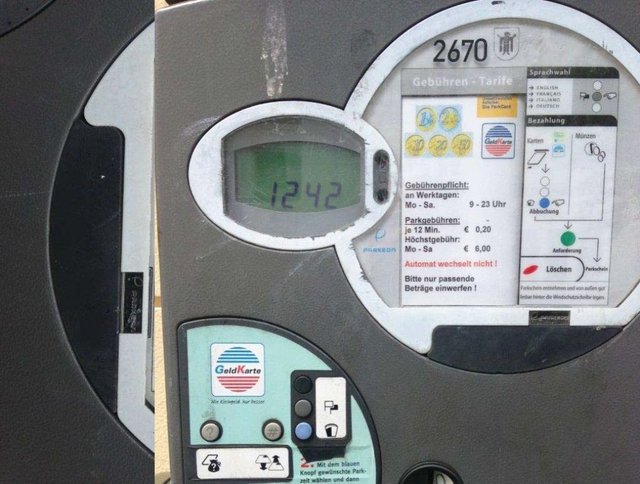It's Monday morning and you're on your way to work. Since your breakfast took a little too long, you are too late and just jump into the departing metro. The doors are closed and you try to buy a ticket on the train. But the second you look in your wallet, you know you spent all your coins at the bar yesterday.
What is the pain point?
In everyday life, you still need a lot of coins. It doesn't matter whether you want to buy a parking ticket or just tickets for public transport. Some cities start to solve this pain with apps. Meanwhile, the tickets can be bought via online shops. But since every city, every public transportation company, every car sharing provider has its own app, this is still a big mess. Why do I need 10 apps with 10 different payment options just to use the mobility services in my city? Why do I have to buy this ticket and why is it not possible to buy it automatically?

Why Blockchain?
Right now the blockchain can increase the service level of these apps enormously. A personal mobility wallet that automatically charges for the service I have used makes me forget about coins and tickets. Based on the GPS position of your car or smartphone, the application knows exactly which service you used. It doesn't matter whether you use public transport, the car or DriveNow. You can now pay for it automatically via the technology of Smart Contracts. And because of the transparent and trusted architecture, there's no risk that my mobility behavior will be abused by a third party. Even if we think about the future which is led by autonomous driving, or even ride sharing this technology will help us to focus on our life, not on payment! This is the level of integrated daily mobility that I dream of.
What do you think?
#LifeWithBlockchain
Thanks to Pascal Mehrwald (@pascalmehrwald), Benjamin Pabst von Ohain (@benpvo), Prof. Dr. Isabell M. Welpe and the TUM seminar participants.